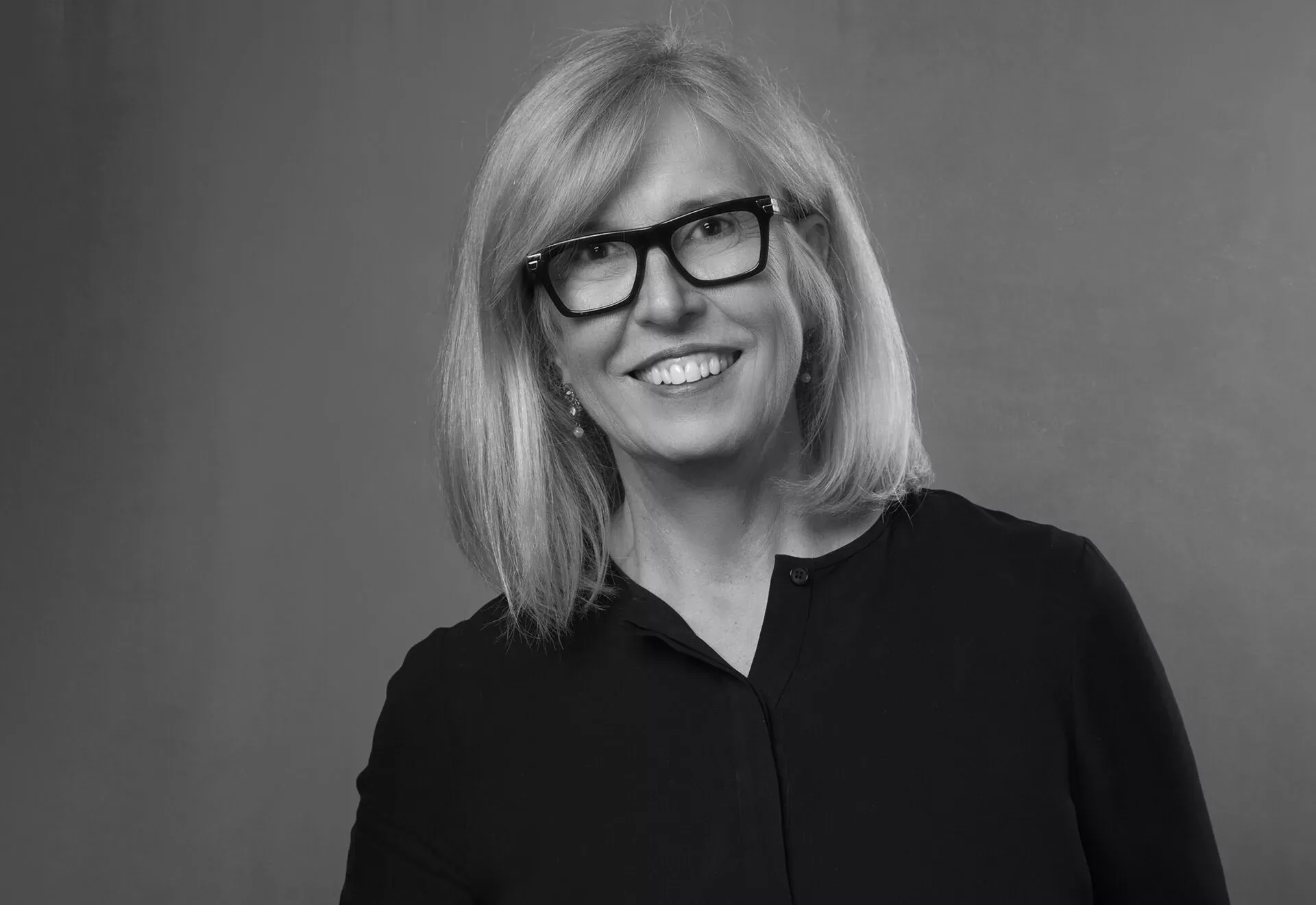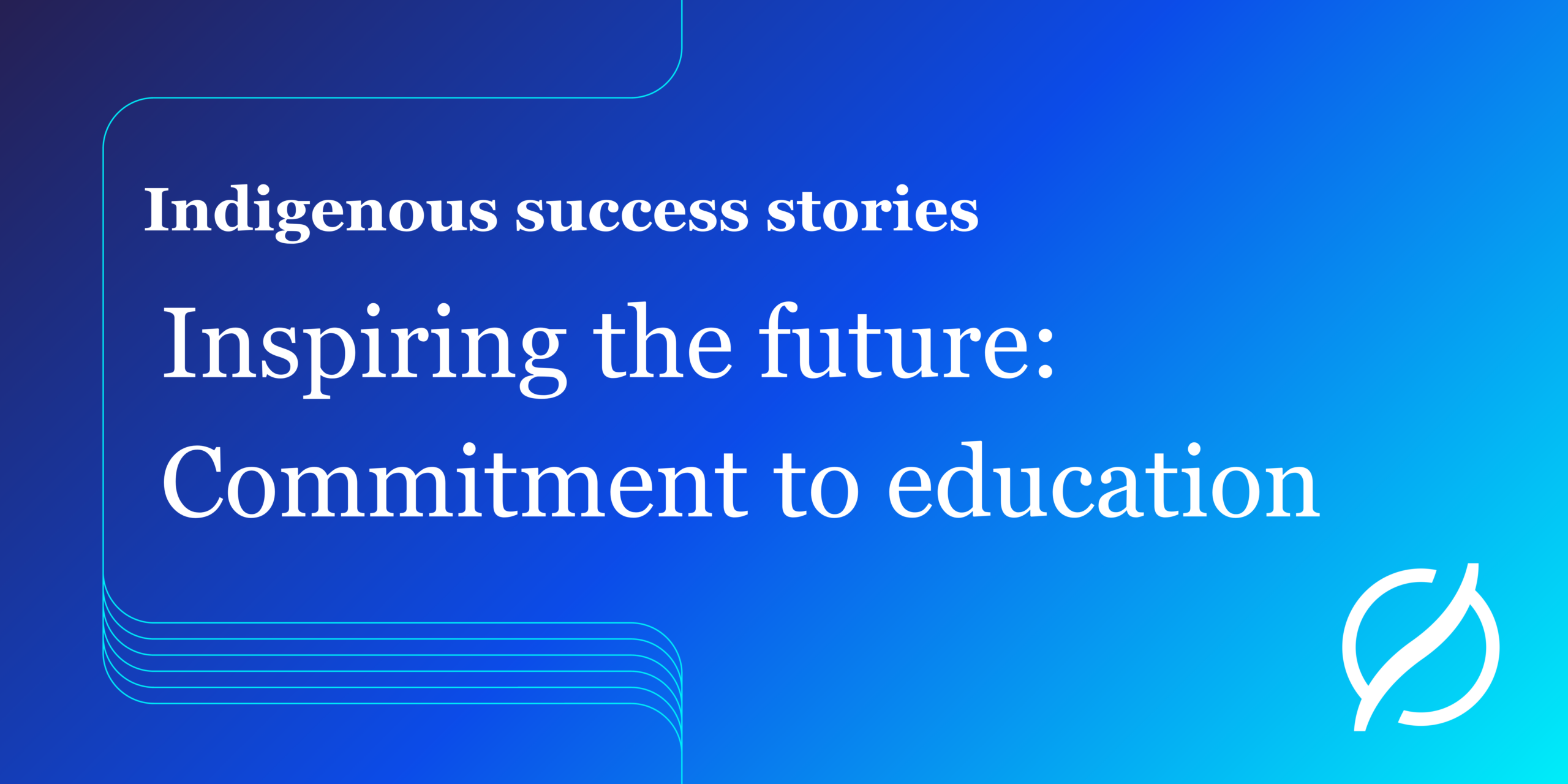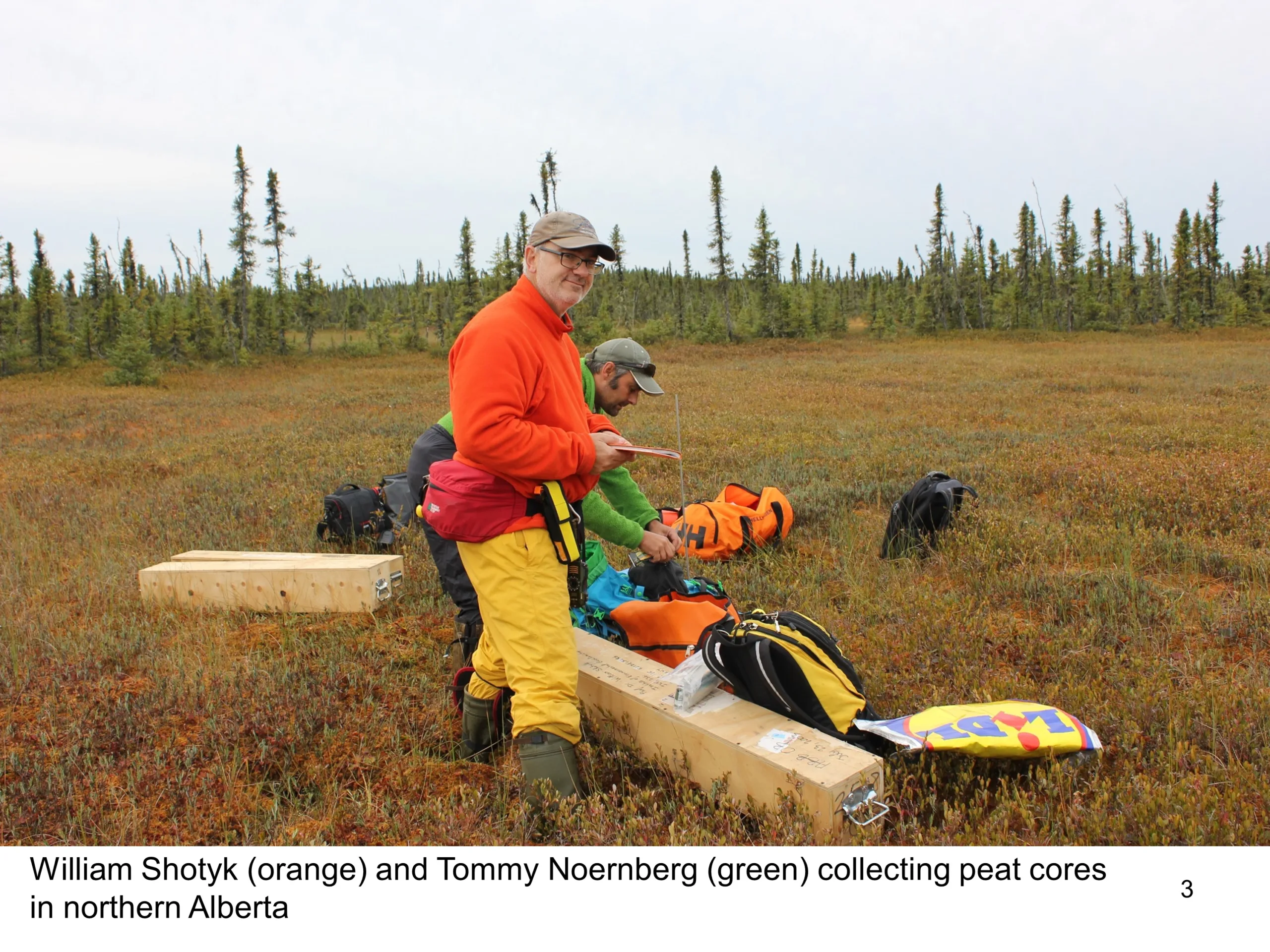Arlene Strom’s passion for the energy transition drives her work

Pathways Alliance blog – Q&A with Arlene Strom
We sat down with Arlene Strom, the newest member of the Pathways Alliance steering committee to find out more about her background, her career and what fuels her passion for leadership in sustainable development. Strom is Chief Sustainability Officer, General Counsel and Corporate Secretary for Suncor Energy and, over the last 19 years, has held senior leadership positions across the organization. She has a business administration degree from Trinity Western University, a Master of Arts in political science and Bachelor of Laws degree from the University of British Columbia.
Q: What do you do in your current role at Suncor?
A: My role is split into two parts. As Chief Sustainability Officer I steward Suncor’s external relationships and strategic collaboration to support the company’s leadership role in economic, environmental and social performance. This includes leading our work to support biodiversity and climate change, reporting on sustainability, and strengthening our external relationships with governments and other organizations. Suncor has a long history of community relations and we interface with about 150 Indigenous communities, with a focus on northern Alberta near the company’s oil sands operations.
On the other side of my role, I am responsible for all legal matters across the corporation and act as Corporate Secretary to our Board of Directors. Outside of that, I am also involved in our culture & inclusion council, which represents 17,000 employees. I chair the Suncor Energy Foundation, which supports local communities through grants and partnerships. It is a big bucket, but I don’t do it all alone. I work with an incredibly talented team of people with deep knowledge, who are passionate about what they do and want to make a difference.
Can you speak to your reaction when you learned you’d be joining the Pathways Alliance steering committee? What do you want to accomplish in this role?
A: It’s early days for me but I’m excited to be a part of a group that is so committed to implementing a plan to achieve net zero emissions by 2050 for the oil sands sector. The Pathways Alliance steering committee has already taken our collaboration from a concept to a plan supported by investment, collaboration with the federal and provincial government and real goals that support Canada’s decarbonization efforts. If I can be a small part of making that a reality, I will be happy. We have an opportunity to demonstrate global leadership within the energy sector and contribute in a meaningful way to reducing Canada’s overall GHG emissions.
Q: What are the challenges as you see them for the oil sands industry?
A: Our challenges are complex. The good news is that we as oil sands producers are aligned on a goal of reaching net zero emissions by 2050, but our work is to chart a path where we continue to provide abundant energy to meet growing energy needs and at the same time address the challenges of climate change and lowering emissions. We need to find the path that is most effective and efficient. And we need to act with urgency.
We have competitive, technology and fiscal challenges, and we need to create a framework that enables significant investment in meeting our GHG reduction goals. I ask myself every day how I can best contribute to this energy transition. It’s what gets me out of bed in the morning.
Q: Where did this drive to make the world a better place come from?
A: I was born in Bow Island in southern Alberta where we had a family farm. I can’t remember a time when my father didn’t have a public service role or another and he and my mother set an example of how to serve others in community. We eventually moved to Edmonton when his public service work took us to Alberta’s capital.
I was the youngest of six children and my grandparents on both sides were Swedish immigrants who settled in southern Alberta. Perhaps because of that background and environment I grew up with very strong values. Public service was embedded in our family DNA.
Q: Where did you begin your career?
A: I’m the first to admit my career has taken a zigzag path. But each step was an opportunity to build a toolkit that has contributed to reaching where I am today. It’s been a great ride. My first 10 years of full-time work was in the consumer-packaged goods sector and I’m very grateful for that experience. The companies I worked for had good leadership and good management training. I learned a lot.
Q: How did you end up working for Suncor?
A: After my law degree I returned to Calgary and joined the securities law team at Burnet, Duckworth & Palmer LLB. I stayed there for six years. My first position at Suncor in 2003 was in the company’s legal group where, through a series of fortuitous circumstances, I ended up working on the deal team that managed the Suncor-Petro Canada merger. At the time, it was the biggest deal of its kind in Canada. It was huge in every respect. The day the merger closed I got a call from a Suncor executive asking me if I would be interested in an opening for a Vice President of Communications, Stakeholder and Aboriginal Relations. Over the next 13 years, I have held leadership positions across several areas in the organization.
Q: Is there a memorable moment in your career that stands out?
A: I’ve had many, many memorable moments. One of them is a day-long workshop that was held in Fort McMurray with principals from Reconciliation Canada, a non-profit group based in Vancouver. That day was a milestone for me in terms of what I learned about residential schools and their multi-generational impacts. Fifteen years ago, I didn’t really understand what reconciliation meant or what my role was, so it’s been a personal learning journey. I am learning what it means to walk side by side with Indigenous people. I have learned so much from Indigenous people and I love that I have a part to play in reconciliation.
Q: How are you involved in community activities?
A: I chair the Alberta Lieutenant Governor’s Arts Awards Foundation, which recognizes and encourages emerging and distinguished artists, more than 100 in all since it was founded 20 years ago. Arts are so important to a community; they are a way to tell stories about who we are in Alberta. I’m also passionate about wildlife conservation and am a board member of the Calgary Zoo.
Q: What do you do when you’re not working?
A: When you do something you love and you’re married to someone – Colin Jackson – with the same values, it’s sometimes hard to tell where work stops and personal life starts. I am lucky that I get to do interesting and meaningful work that is important for the oil sands industry and for Alberta. And I get to work every day with people I really like.
I have a personal goal to run my fifth marathon. I have been accepted as a race participant in the New York City Marathon in 2024. My goal is to complete the race, along with my eldest stepdaughter. I also love spending time with my family, including my two grandchildren.
Q: What advice would you give to the next generation of young people?
A: I would say: We do cool things, come join us! In my view, the industry needs the great ideas, personal energy, intense passion and the commitment a new generation can bring. In our industry, young people have the opportunity to think about and shape what the future of energy should look like. As an industry, we have a lot of challenges, but we also have lots of opportunities for them to take on.


